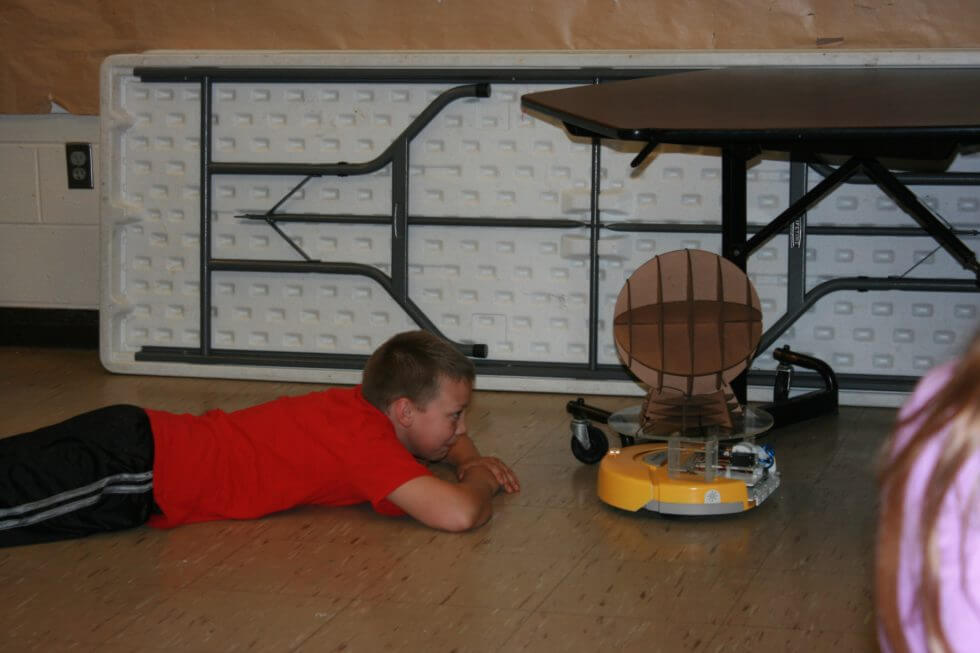
Selma Sabanovic, Indiana University Bloomington;
Matthew Francisco, Indiana University Bloomington
Cindy Hmelo-Silver, Indiana University Bloomington
Andrea Gomoll, Indiana University Bloomington
Whitney Novak, Indiana University Bloomington
We present materials (robots, videos, curricula) from an ongoing effort to develop a novel strategy in STEM education that combines human-centered robotics (HCR) with problem-based learning (PBL) experiences and the critical study of sociotechnical systems.
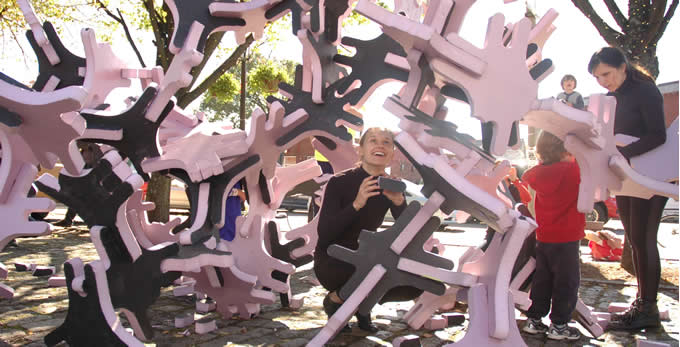
Maria L. Vidart-Delgado, Department of Play/MIT;
Katarzyna Balug, Department of Play/GSD-Harvard
Department of Play promotes play as a public infrastructure for civic engagement and public debate. We create temporary play zones (TPZ) in public spaces in areas where diverse groups meet.
Greening Chemistry
Alastair Iles, UC Berkeley;
Christine Rosen, UC Berkeley
Using a "public ethics" framework, we explored the practical challenges and ethical conundrums of redesigning materials and products to make them safer and more sustainable in our very complex modern industrial system.
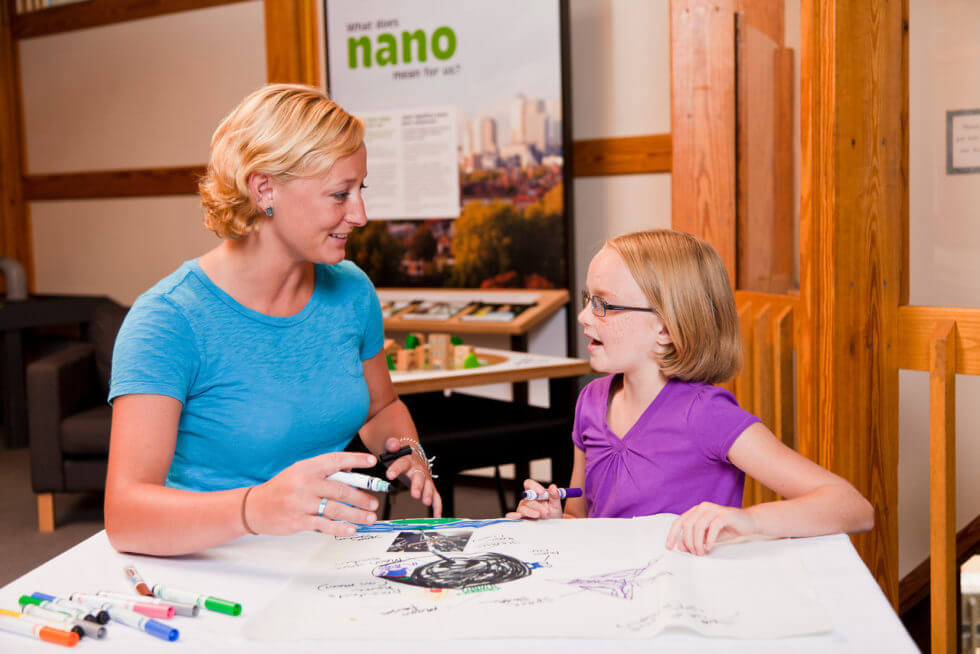
Rae Ostman, Arizona State University;
Ira Bennett, Arizona State University
Jameson Wetmore, Arizona State University
We will display elements of an interactive exhibit component from the Nano exhibition, share hands-on activities from the NanoDays kits, and report research and evaluation results related to public learning of STS ideas. Nano & Society materials are open-source and can be accessed freely at nisenet.org.
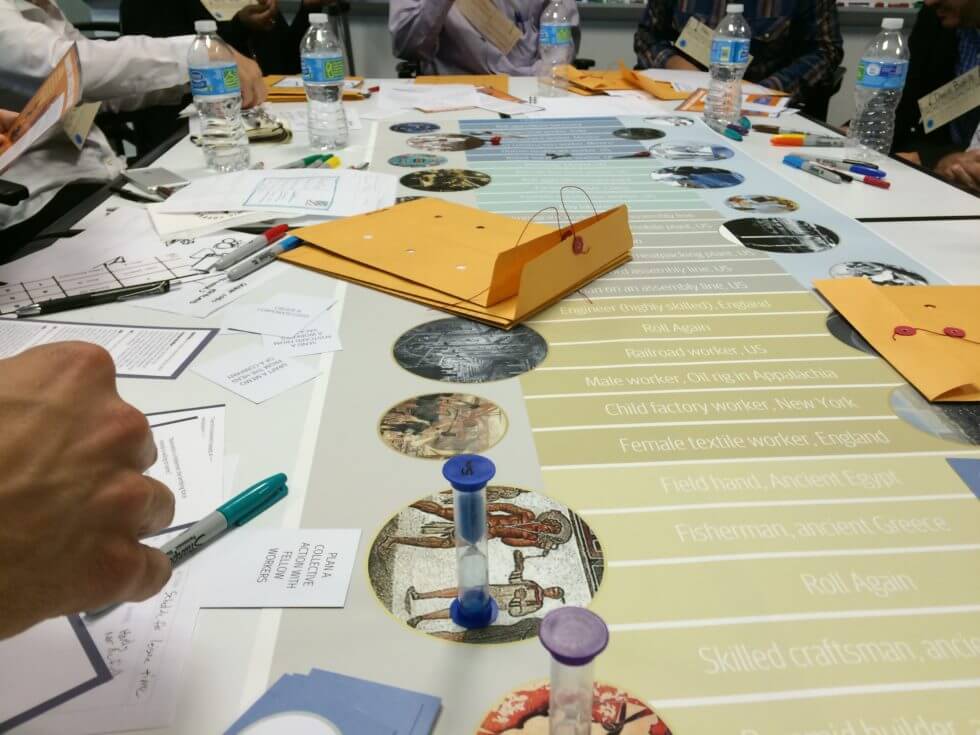
Laura Forlano, Illinois Institute of Technology;
Megan Halpern, Michigan State University
As a means of engaging with the ways in which the future of work is being imagined and opening up discussions around technology, we conducted a one-day participatory design workshop that uses a game in order to reveal the philosophies embedded in labor activism and technology.
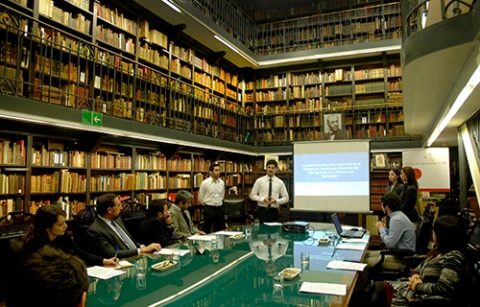
Martín Pérez Comisso, Universidad de Chile;
Cyntia Maciel, Universidad de Chile
Raimundo Roberts, Biblioteca del Congreso Nacional
The policy-making in scientific and technological topics is a critic point by absent of relevant projects in Chilean Congress in last 20 years.
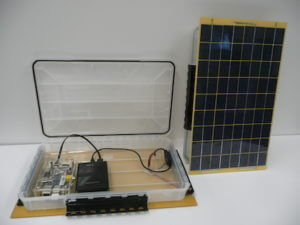
Laura Hosman, California Polytechnic State University
SolarSPELL is a Solar Powered Educational Learning Library: a digital library over an off-line WiFi hotspot, designed to simulate an online experience for rural, remote schools with no electricity or Internet connectivity.
STS ‘Making’ and ‘Knowings’
Rodrigo Barbosa e Silva, Universidade Tecnológica Federal do Paraná;
Luiz Ernesto Merkle, Universidade Tecnológica Federal do Paraná
The DIY at Brazilian schools can be a manifestation of "making and knowings", especially as an approach to empower originals practices and situated knowledge.
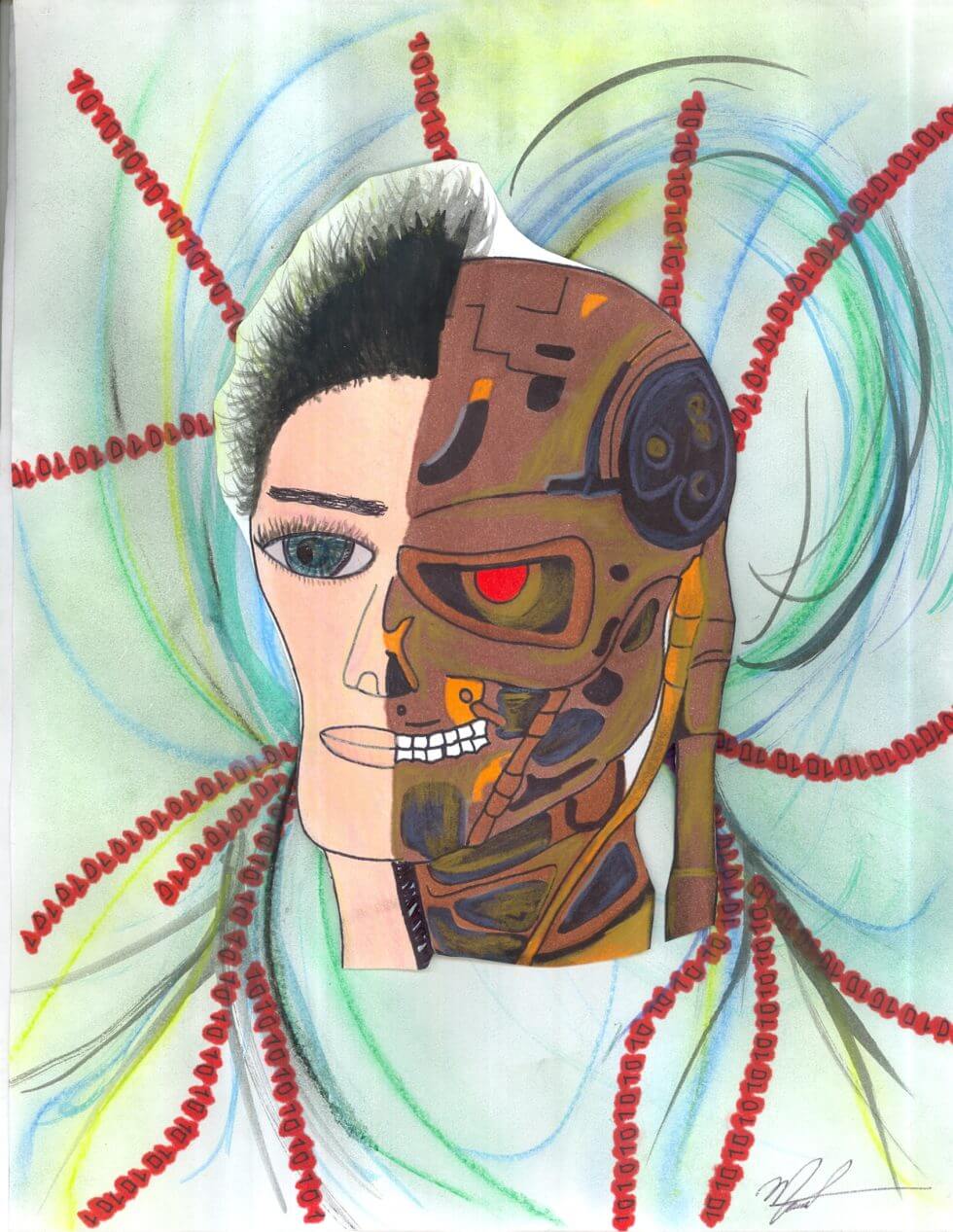
Carolina Morales-Nasser, Monterrey Institute of Technology
Departing from the conviction that learning involves rational competencies, as well as emotional and esthetic ones; a question emerged: How to provoke other related competencies such as sensibility, emotion, and taking of a position, in order to really accomplish STS objectives?
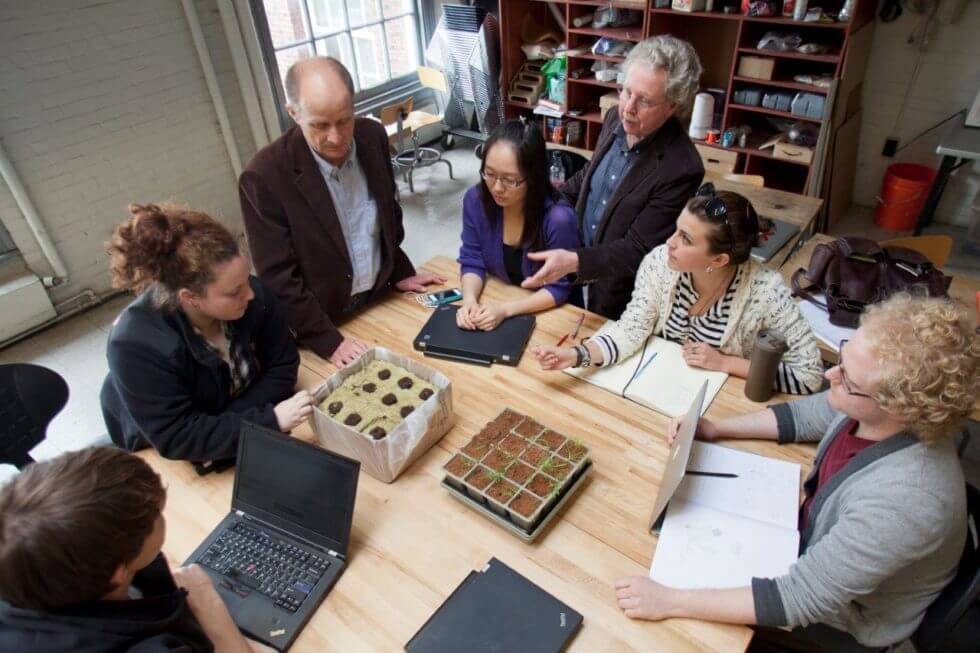
Dean Nieusma, Rensselaer Polytechnic Institute;
James W. Malazita, Rensselaer Polytechnic Institute
Michael Lachney, Rensselaer Polytechnic Institute
David A. Banks, Rensselaer Polytechnic Institute
Brandon Costelloe-Kuehn, Rensselaer Polytechnic Institute
Rather than merely augmenting these programs with STS, PDI strives to frame our students’ entire educational experience—that is, to provide the curricular, conceptual, and pedagogical frameworks that situate students’ other coursework as well as their identities within a more expansive vision of technology-in-society.
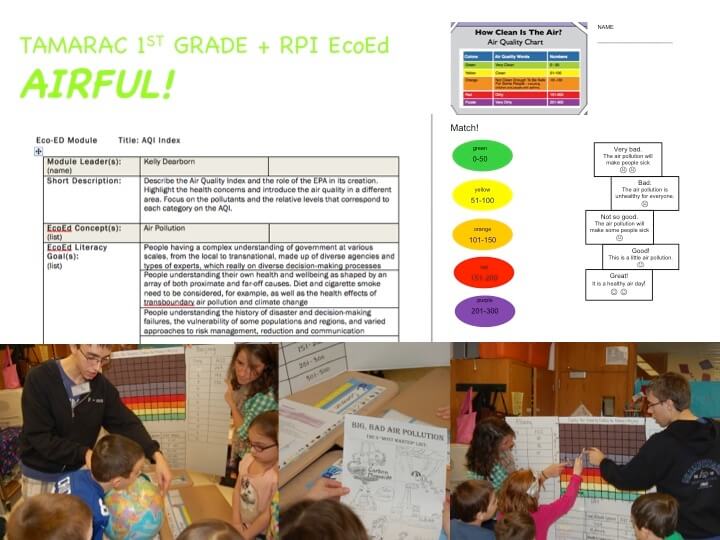
Pedro de la Torre, Rensselaer Polytechnic Institute;
Kim Fortun, Rensselaer Polytechnic Institute
Scott Kellog, Rensselaer Polytechnic Institute
Alli Morgan, Rensselaer Polytechnic Institute
Brandon Costelloe-Kuehn, Rensselaer Polytechnic Institute
Amir H. Hirsa, Rensselaer Polytechnic Institute
Aalok Khandekar, Rensselaer Polytechnic Institute
Rethy Chhem, Fukushima Medical University and Cambodian Development Research Institute
In efforts that we describe as STS+, we extend STS methods to advance the development and thinking of experts themselves.
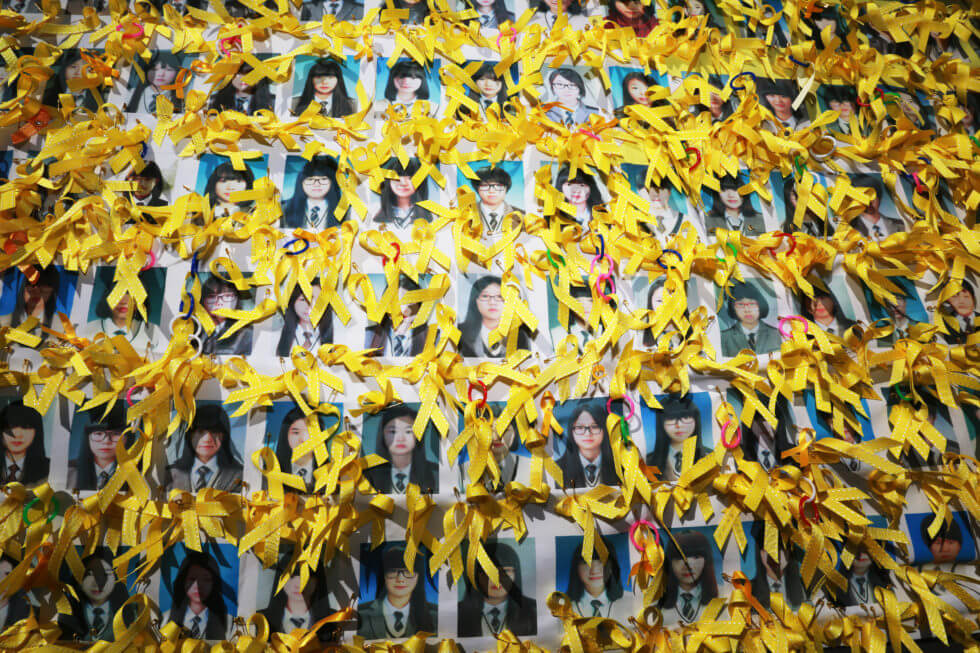
Yoonjung Lee, KAIST (Korean Advanced Institute of Science and Technology);
Chihyung Jeon, KAIST (Korean Advanced Institute of Science and Technology)
Teach Sewol aims to create a space (both online and offline) where researchers and members of the public share resources and class modules on the Sewol disaster and experiment with new forms of social investigation.
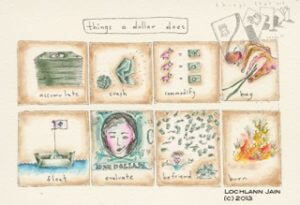
Lochlann Jain, Center for Dissolution
Thinking at the interface between things as objects and things as assemblages, I play with notions of common sense categories by offering a new way to explore how we author the categories we live by, and by inviting readers/observers into that process of authorship through a series of postcard sized drawings.
